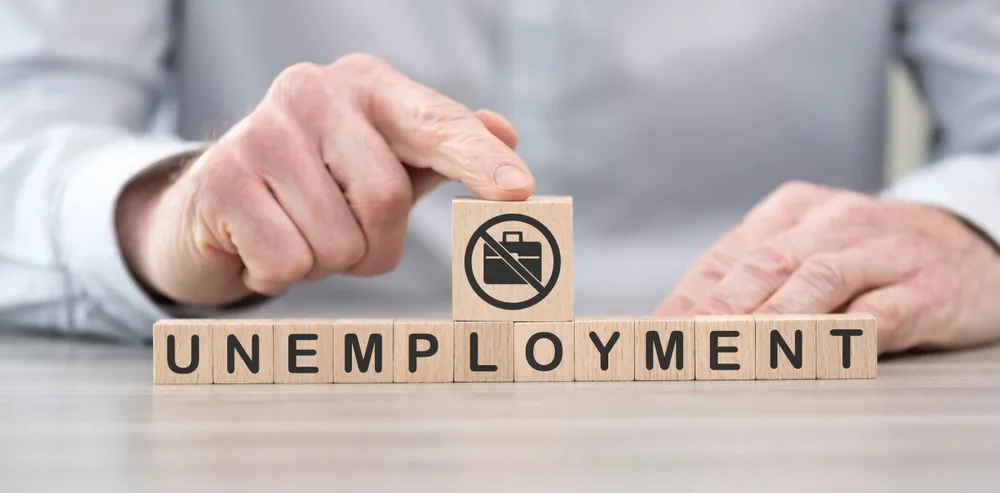Multiple reasons might exist for you needing to restructure your student loan debt in modern times. Student loan repayment options still might not be affordable for you. If this is the case, you might also feel somewhat overwhelmed by your financial circumstances. If you need help paying your student loans, however, you are not alone. Fortunately for you and countless other students or graduates in the U.S. today, helpful options are available.
The interest on private student loans begins to accrue on your loan balance immediately unless you qualify for an alternate loan program. This means the entire time you are in school and not making payments, your loan balance is growing. Federal student loan programs offer options to qualified borrowers to pay their accrued interest more affordably.
Some student loan programs offer grace periods and deferment as well. Your grace period refers to a specified period post-graduation during which you are not required to begin paying back your loan. The typical grace period lasts for six months, although variations might also be offered.
Deferment plans require you to begin making monthly payments without a grace period. The benefit of a deferment plan, however, pertains to your accrued interest. A typical student loan deferment plan allows you to defer all interest payments for three years on average. This results in lower monthly payments, which in turn makes your first three post-graduate years easier to manage.
Direct Subsidized Loans are obtainable to undergraduate students only, who also demonstrate verifiable financial need. If you qualify, the amount you are eligible to borrow is determined by your school. The amount you are eligible to borrow is not permitted to exceed your financial need as well. The U.S. Department of Education (ED or DoEd) pays the accrued interest on Direct Subsidized loans for borrowers in the following scenarios:
- While borrowers are enrolled in school a minimum of half-time.
- During applicable post-graduation grace periods.
- During deferment periods.
Direct Unsubsidized loans are available to both undergraduate and graduate students. No verification of financial need is required. Your school still determines how much you are eligible to borrow but you are required to pay your own interest. However, if you choose to not pay applicable interest while in school or during your grace and deferment period, your interest will continue to accrue. The accrued interest will then be added to the total principal loan balance you owe.
During a forbearance period your monthly student loan payments are suspended. Typical forbearance periods last approximately twelve months or less. To qualify for federal or private student loan forbearance you must verify your financial hardship. It is important to note two crucial aspects pertaining to debt forbearance:
- Forbearance is not equal to forgiveness or the elimination of your debt. Forbearance means your payments are delayed, which means you eventually must pay the full amount owed on your loan balance.
- If you have a Direct Unsubsidized loan through the federal government, your interest charges will also continue to accrue during your forbearance period. To prevent yourself from requiring student loan forbearance assistance you might want to consider some of the strategies and tips discussed in the next slide.








